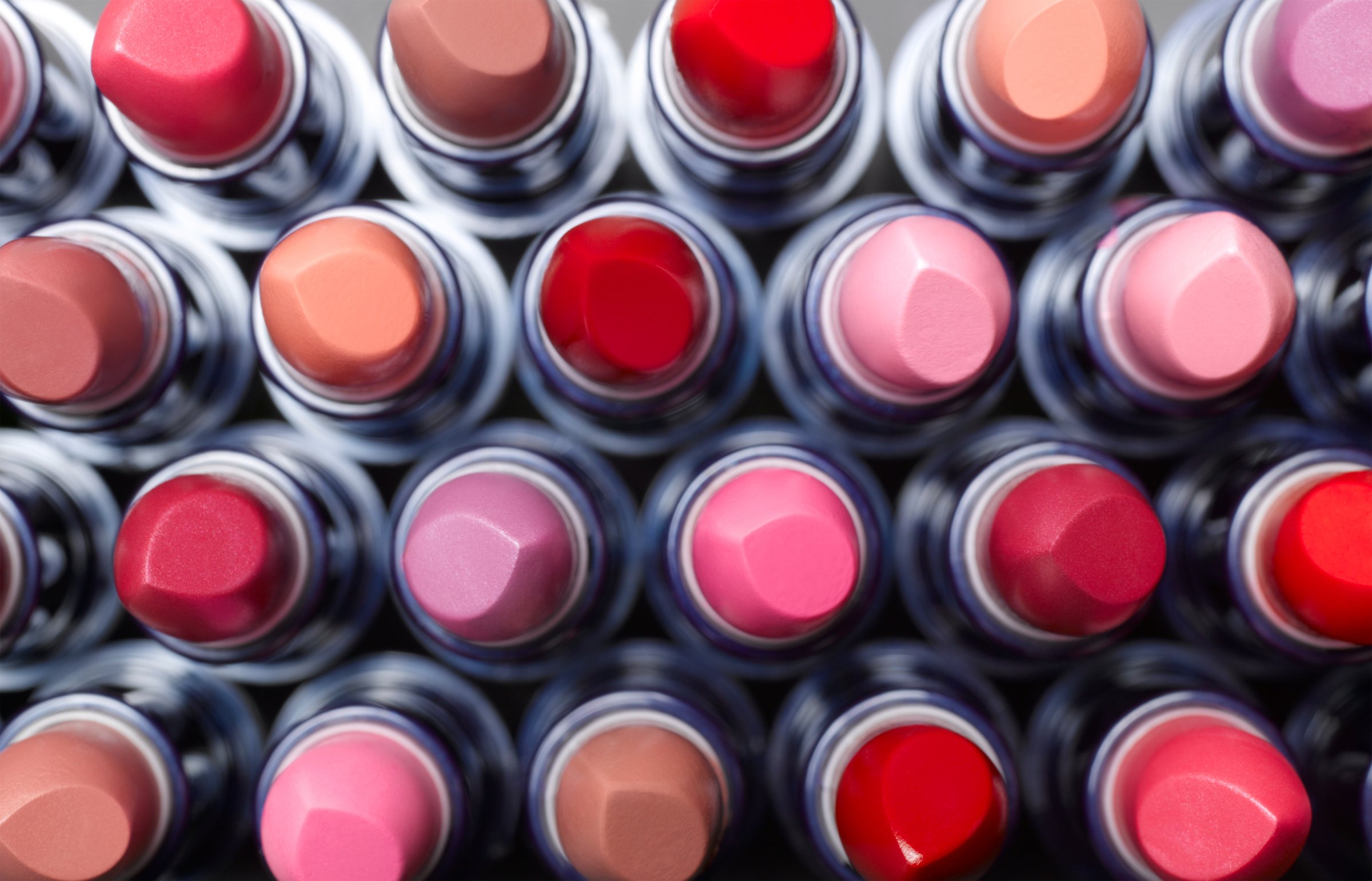
Only 18% of all claims made in commercials for cosmetics are generally trustworthy, according to new research released Monday.
Cosmetics firms often use advertising verbiage like “clinically proven” or “inspired by groundbreaking DNA research.” But researchers combed through these claims and found that the majority were vague and many are outright lies, according to a new study published in the Journal of Global Fashion Marketing.
The researchers assessed 289 cosmetic ads, including ads for products like make-up, skincare and fragrance, featured in magazines like Vogue and Marie Claire. They then separated the various claims into different categories, including environmental claims, endorsement claims and scientific claims. The researchers rated them as “acceptable,” “vague,” “omission” or “outright lie.”
The study authors conclude that claims of “well-being and happiness” are usually not substantiated. “Those who back the claims with scientific evidence and consumer testing often use questionable methodologies for their substantiation,” the authors wrote.
More Must-Reads from TIME
- Cybersecurity Experts Are Sounding the Alarm on DOGE
- Meet the 2025 Women of the Year
- The Harsh Truth About Disability Inclusion
- Why Do More Young Adults Have Cancer?
- Colman Domingo Leads With Radical Love
- How to Get Better at Doing Things Alone
- Michelle Zauner Stares Down the Darkness
Contact us at letters@time.com